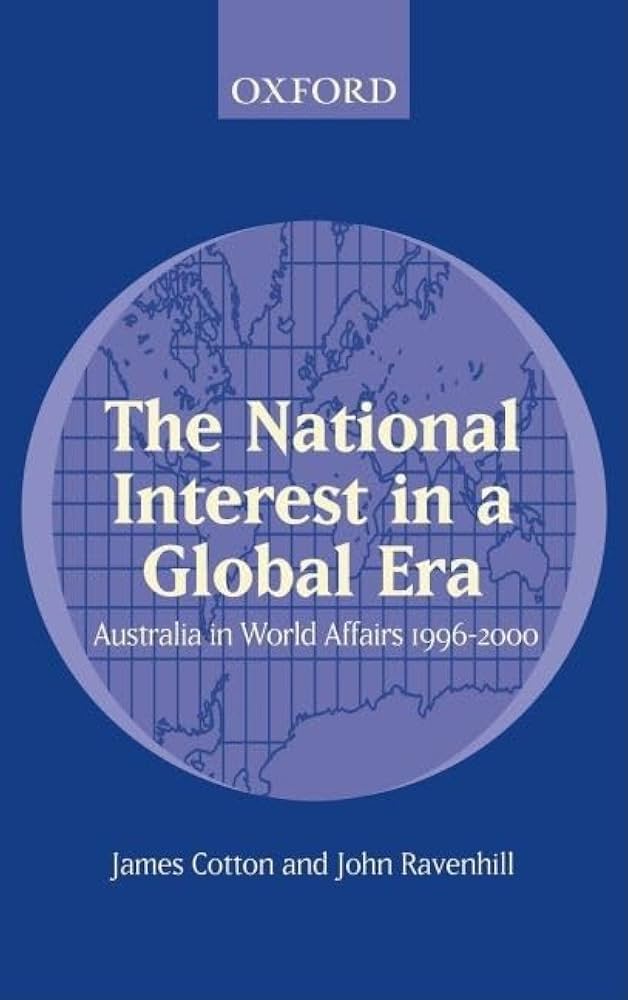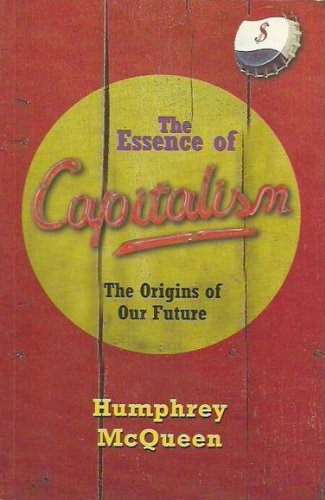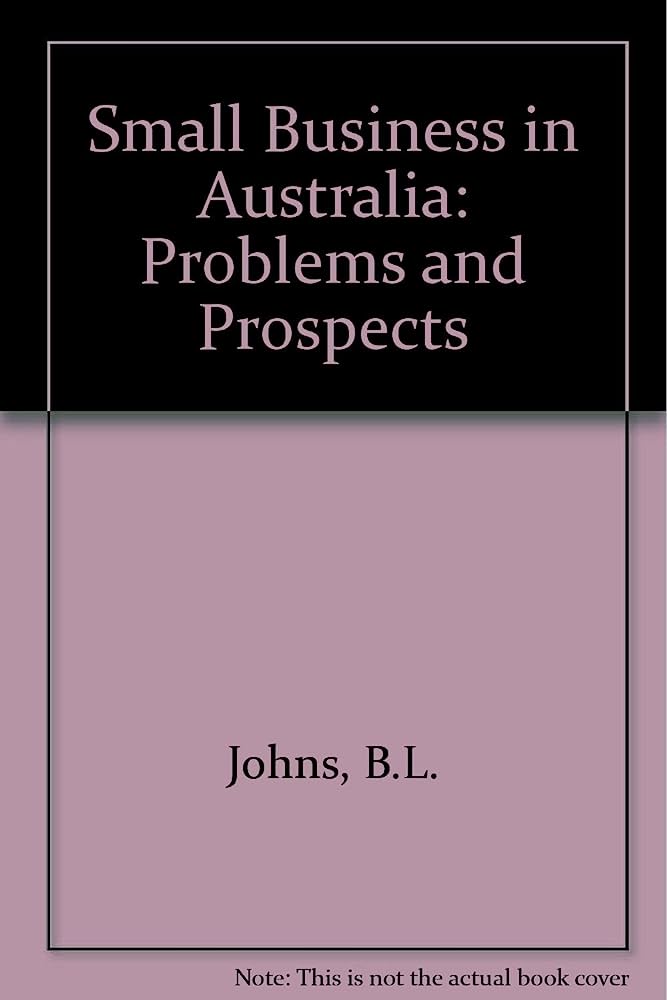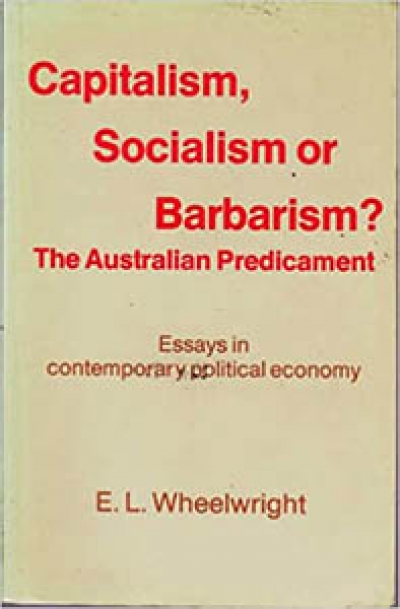Economics
The National Interest in a Global Era edited by James Cotton and John Ravenhill & How to Argue with an Economist by Lindy Edwards
by Allan Patience •
The Essence of Capitalism: The Origins of Our Future by Humphrey McQueen
by John M. Legge •
The Secret Life of Money: Exposing the private parts of personal money by Valerie Wilson
by Michael McGirr •
Chasing Mammon: Travels in the Pursuit of Money by Douglas Kennedy
by Rosemary Sorensen •
Small Business in Australia: Problems and prospects by B.L. Johns, W.C. Dunlop, and W.J. Sheehan
by Les Taylor •











